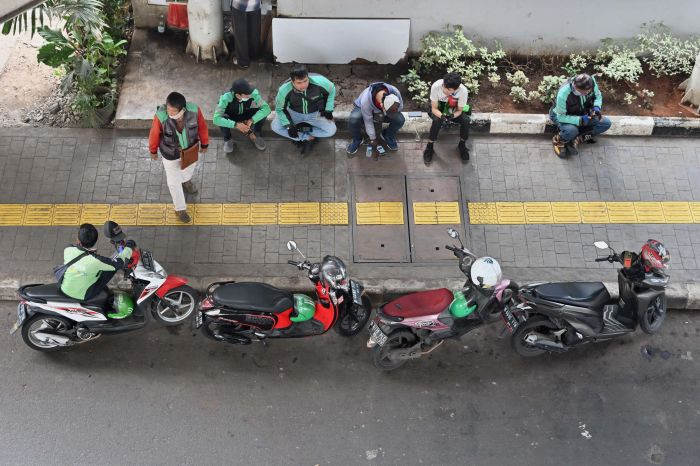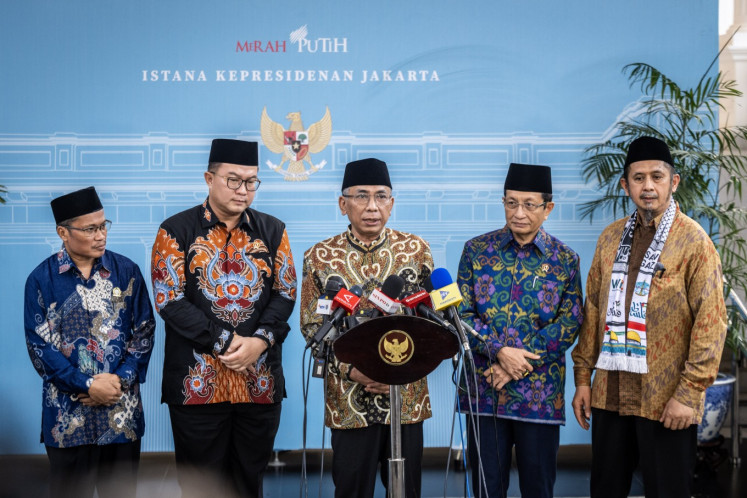Popular Reads
Top Results
Can't find what you're looking for?
View all search resultsPopular Reads
Top Results
Can't find what you're looking for?
View all search resultsInitial prevention of AI-driven fraud in Indonesia
Integration of public and private sector data could create powerful data-driven AI tools that help the industry prevent AI-driven fraud.
Change text size
Gift Premium Articles
to Anyone
I
n recent years, the development of artificial intelligence (AI) technology has become a new phenomenon that has revolutionized human life in various aspects.
Some people regard AI as a beneficial tool that could help to make human life easier, such as helping people to extract information from a set of data, creating profiles or predictive models in many fields, and analyzing large amounts of data in a faster time than using human capabilities. Nevertheless, the development of AI also brings about a skeptical view about the problems that will arise from AI usage that we cannot deny.
While the financial sector has started to embrace AI technology to enable a frictionless consumer journey and reduce false positives and human error, the usage of AI could also lead to a darker side, the emergence of AI-driven fraud. This “unethical” usage of powerful AI technology could help fraudsters engage in rapid and massive fraudulent activities that humans could never achieve without the help of AI.
AI-driven fraud has become a global issue since all nations across the globe are experiencing an upsurge in AI-driven fraud. The United States Federal Trade Commission found that fraud through the impersonation of a legitimate organization or major business has risen 18 percent from fewer than 400,000 to more than 474,000 cases. According to Statista, deepfake-related identity fraud cases skyrocketed over the years 2022–2023 in many countries around the world. As an example, the number of deepfake fraud attempts in the Philippines rose by 4,500 percent year on year, followed by nations like Vietnam, the US and Belgium.
The most recent case of AI-driven fraud is the “CFO Deepfakes” fraud that happened in February 2024 in Hong Kong. A financial worker at a multinational firm was duped into attending a “fake” conference call with several “fake” employees created by deepfake AI technology, including the “fake” CFO of the company, who ordered him to remit some money to a fraudulent bank account. After that meeting, the financial worker agreed to remit a total of HK$200 million (US$25.6 million) to the fraudster, believing that the order came directly from the CFO of the company.
According to the Communications and Information Ministry, there were more than 40,000 online fraud cases reported in the country from 2019 to 2022. Fortunately, of that number, no AI-driven fraud has been reported. The majority of the fraud comes from phishing, malware and other digital technology-related modus operandi.
However, citing the Home Security Heroes Data, which indicates that there are 95,820 deep-fake videos spread globally, the ministry advised people that there is a risk for Indonesian businesses and individuals to fall into this kind of fraud, and there are financial consequences if such attempts succeed.



















